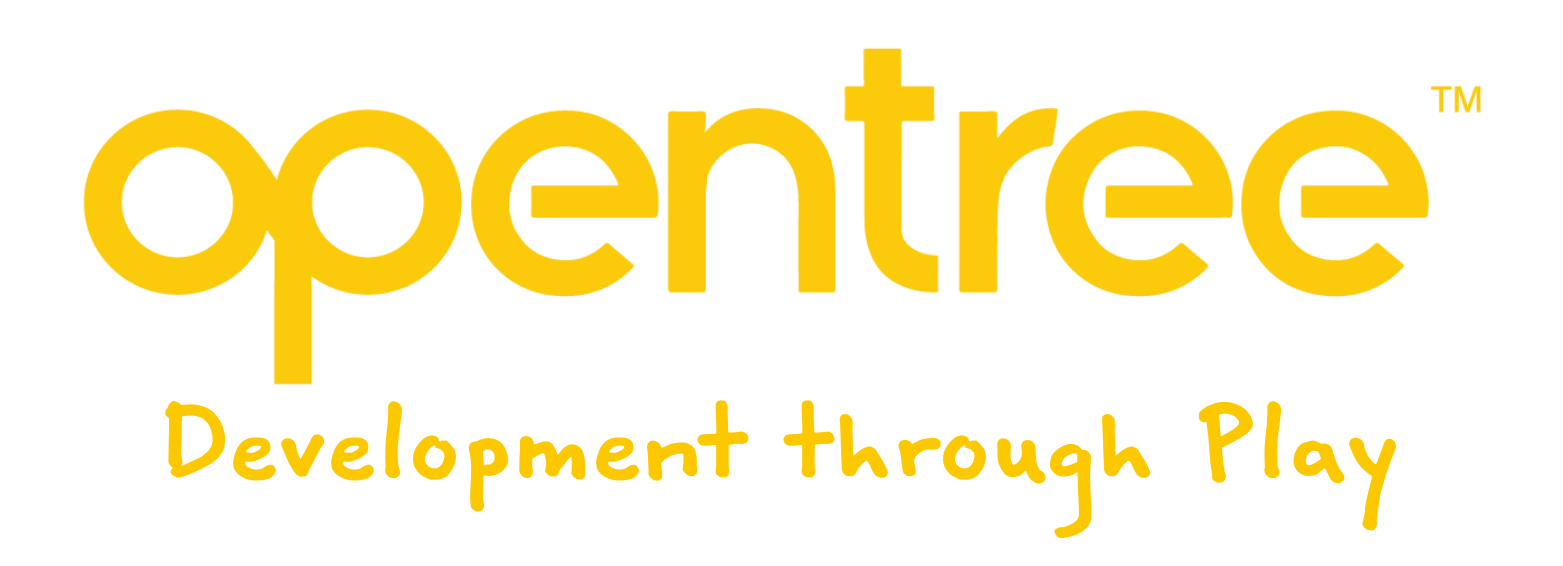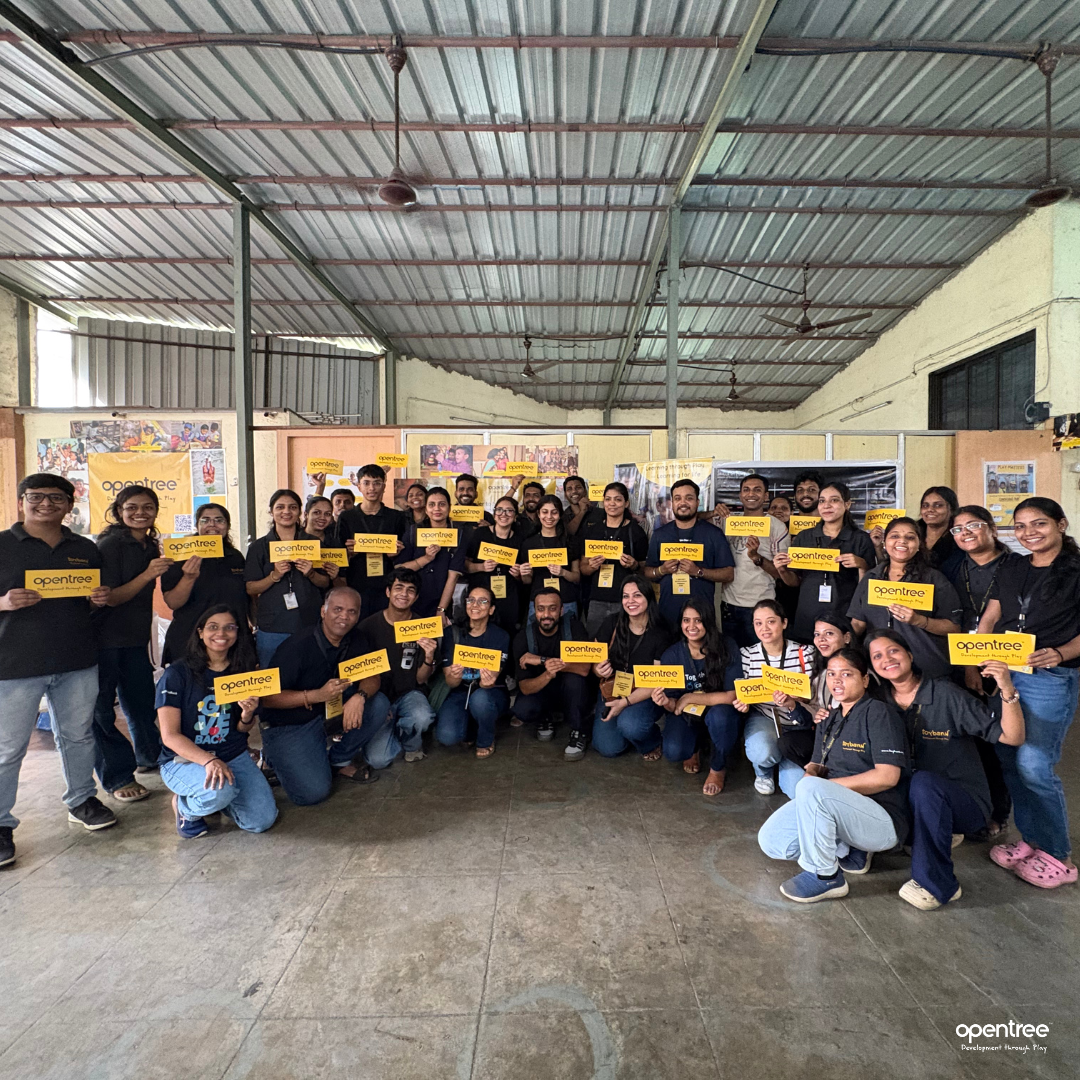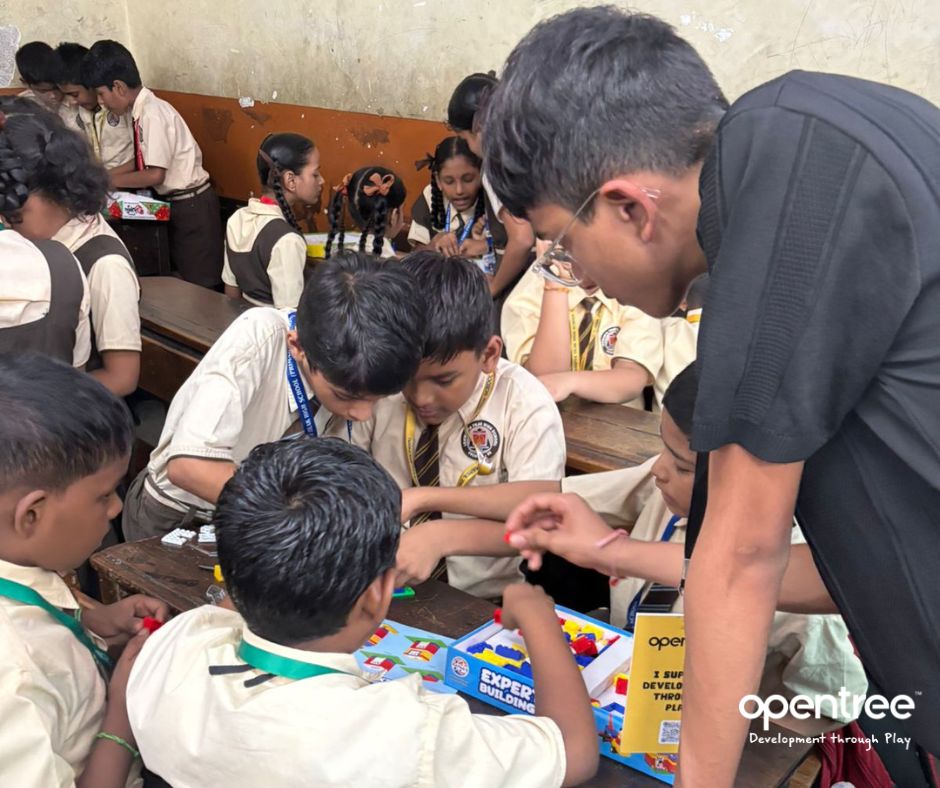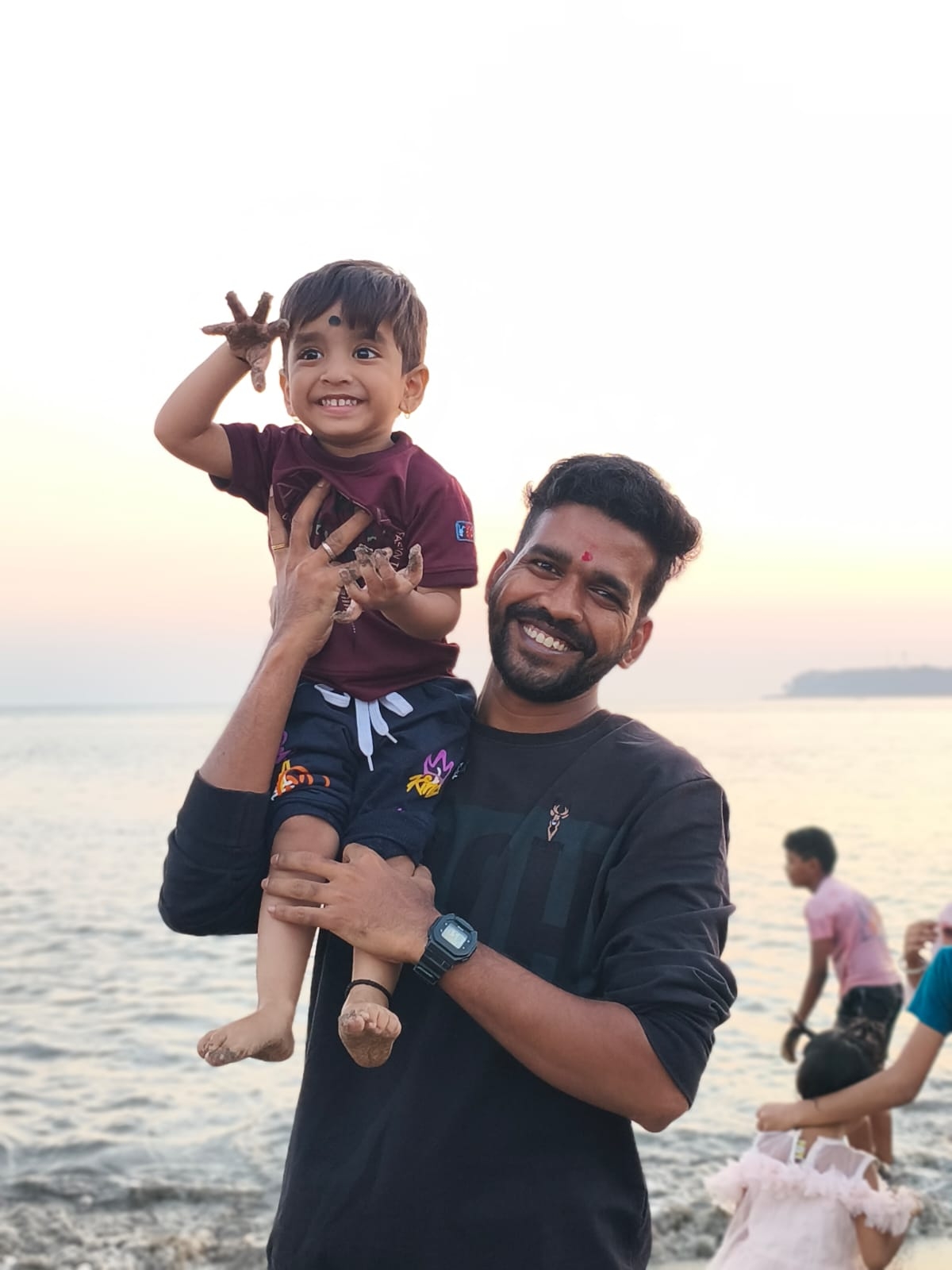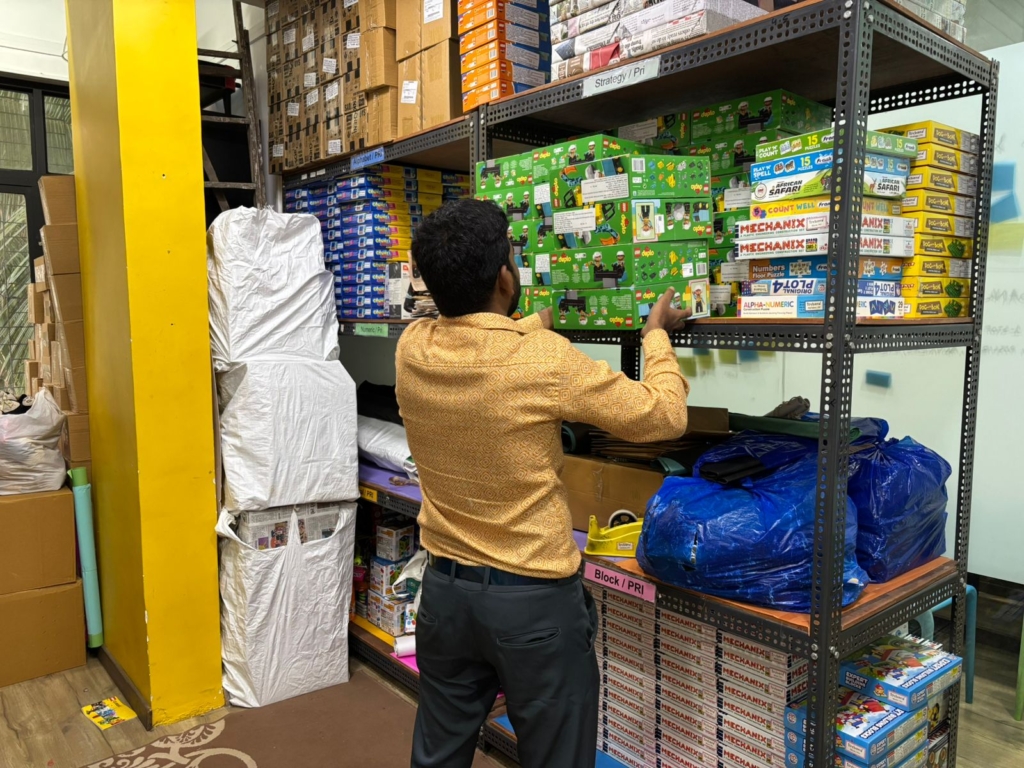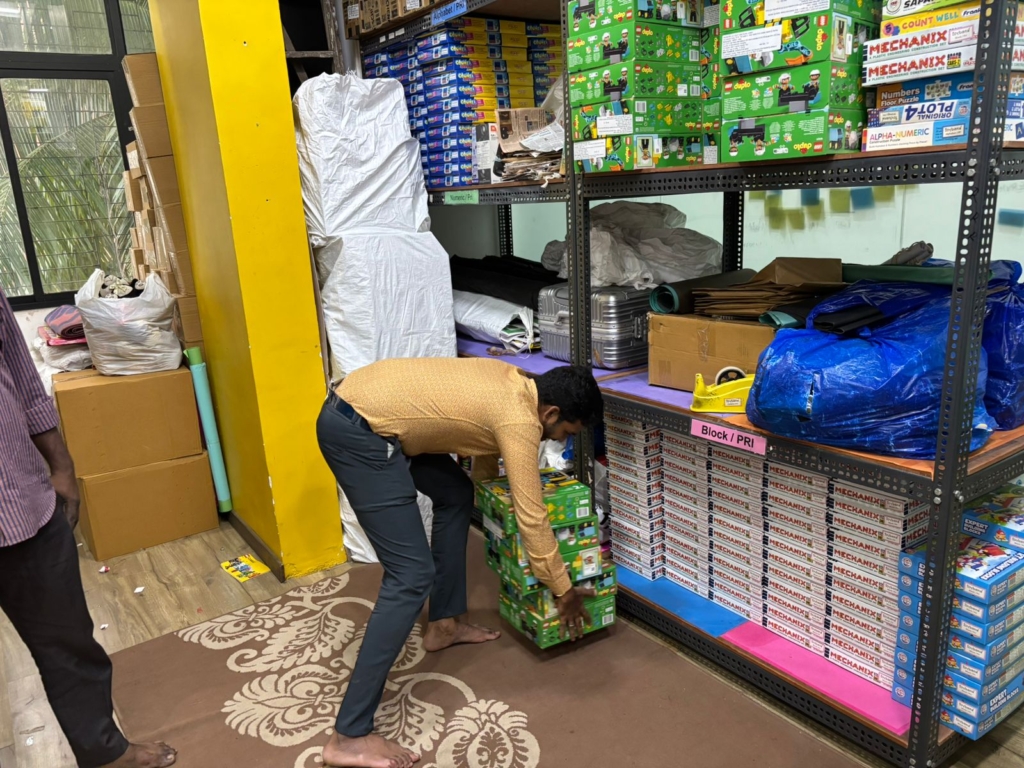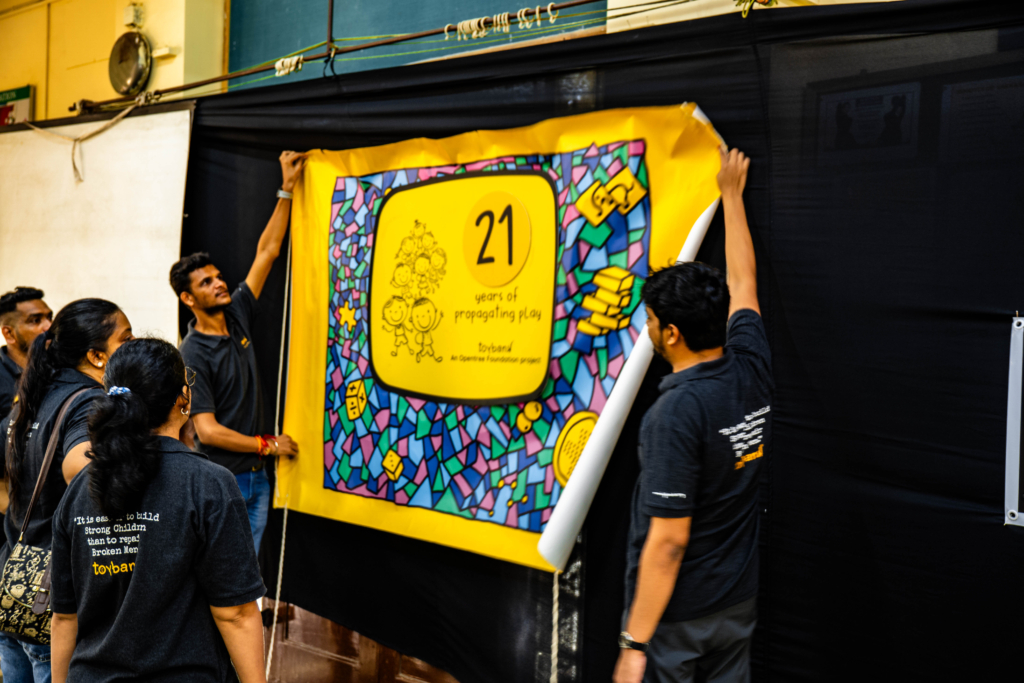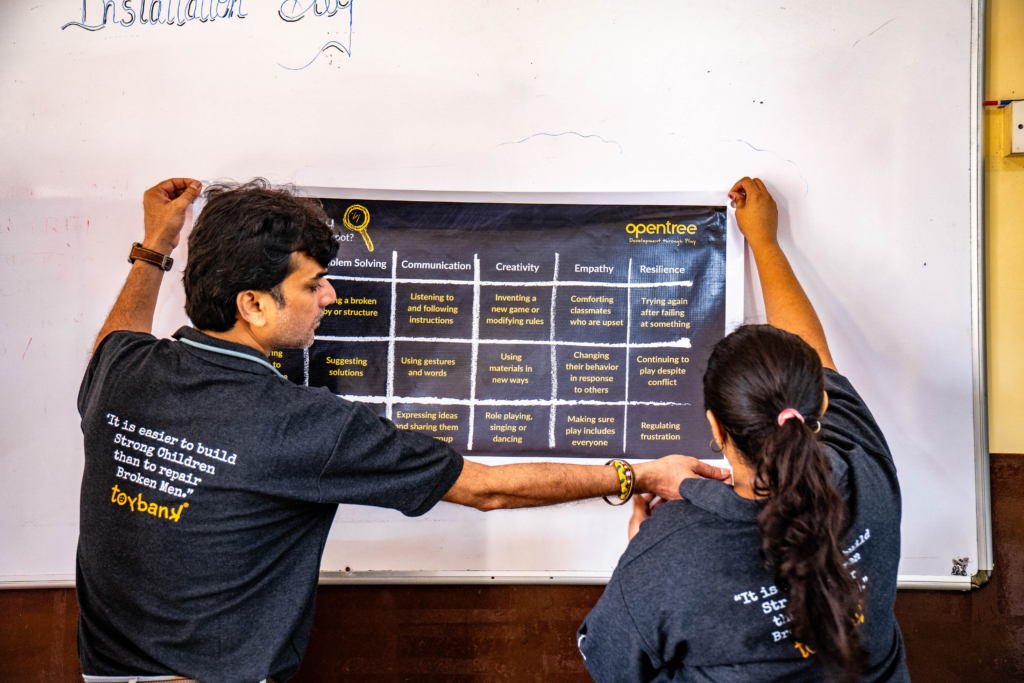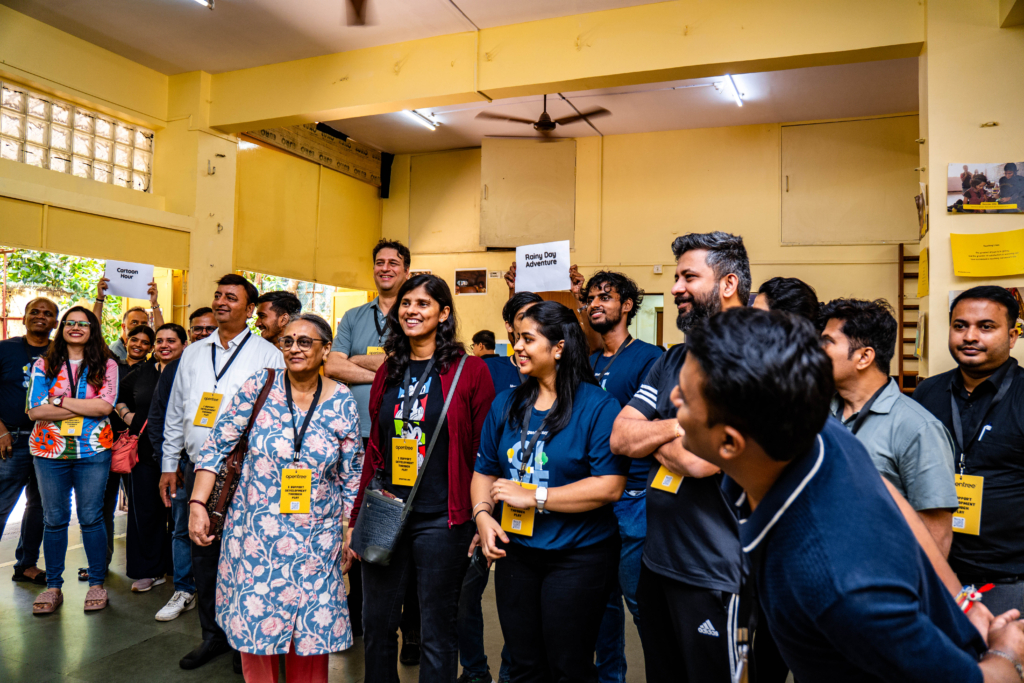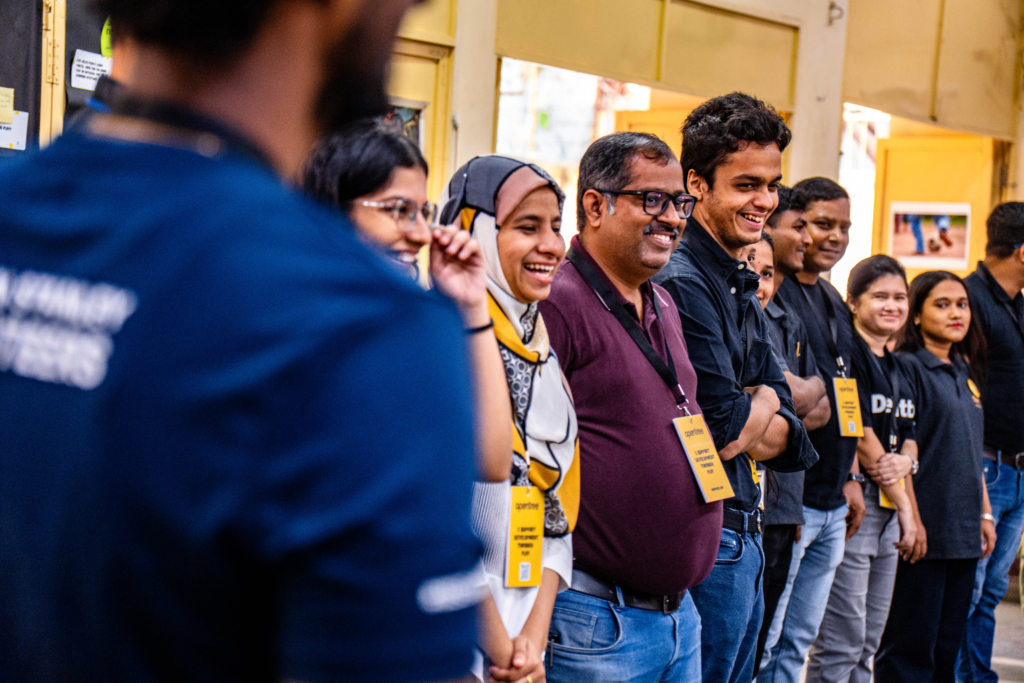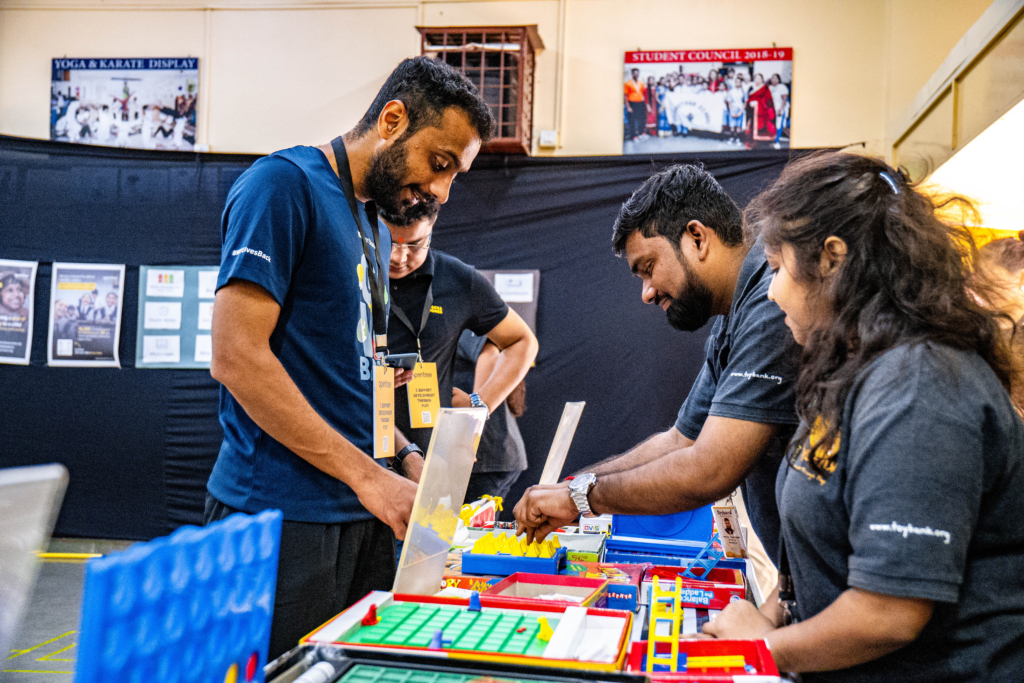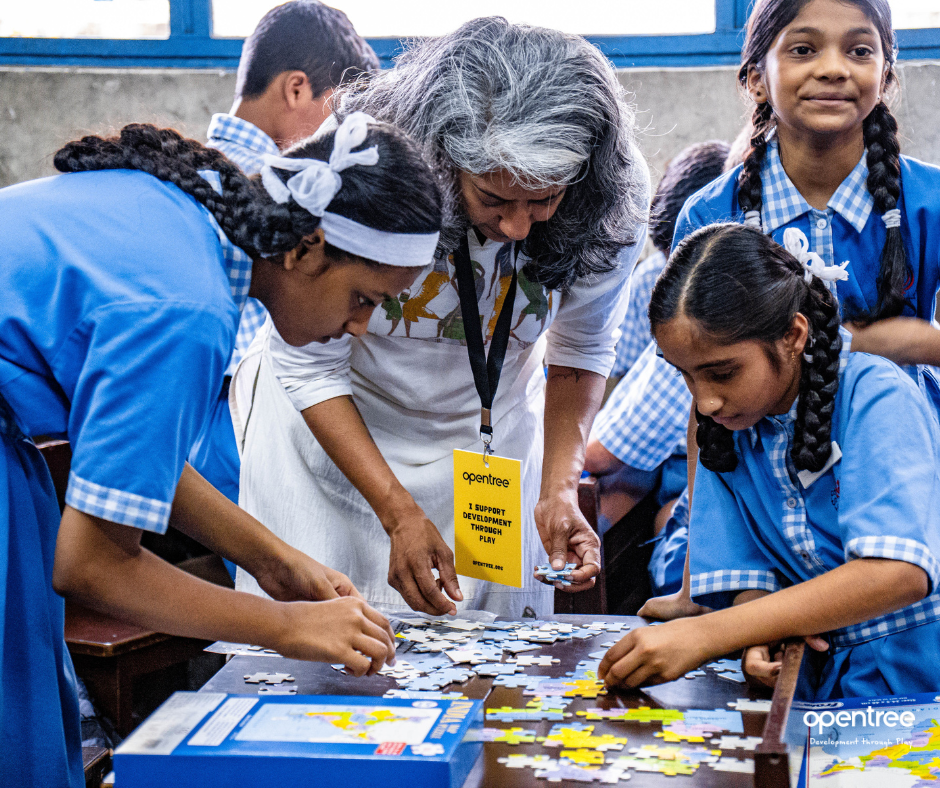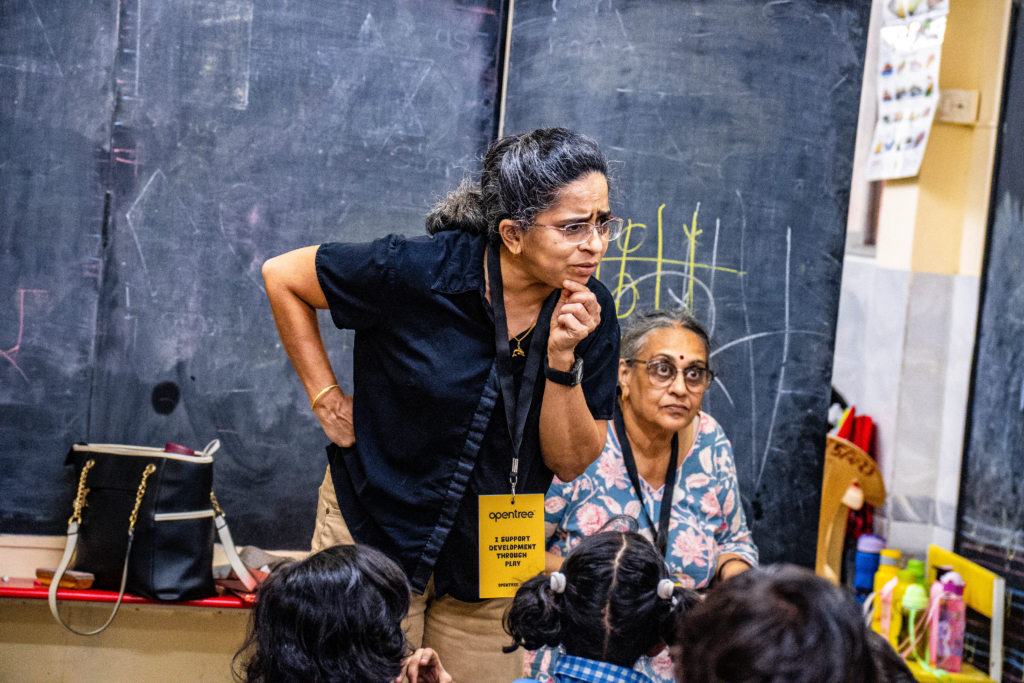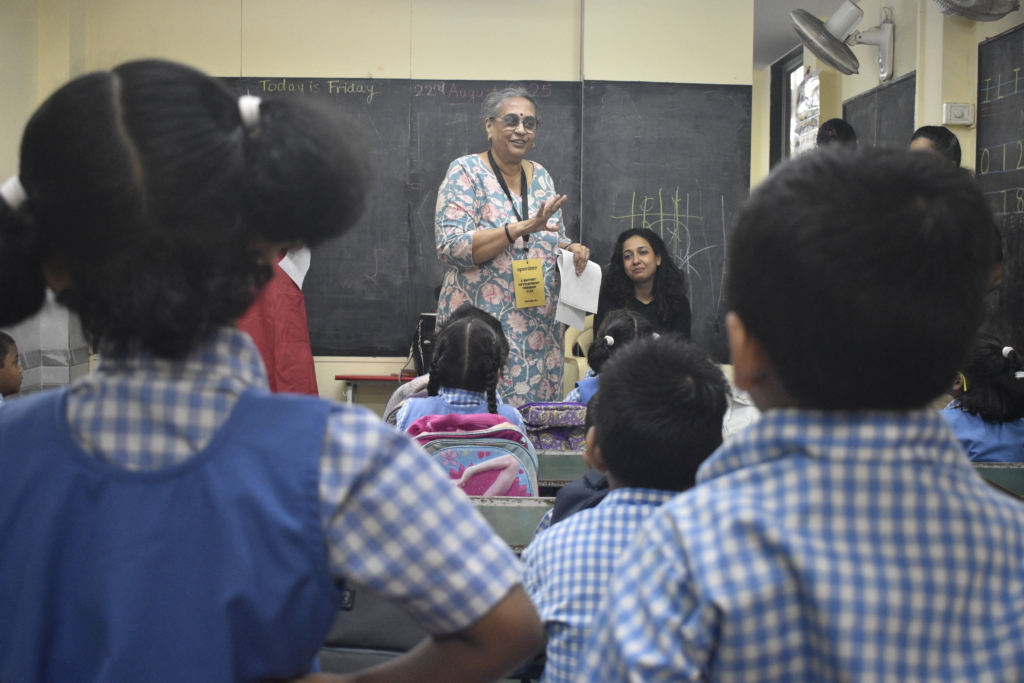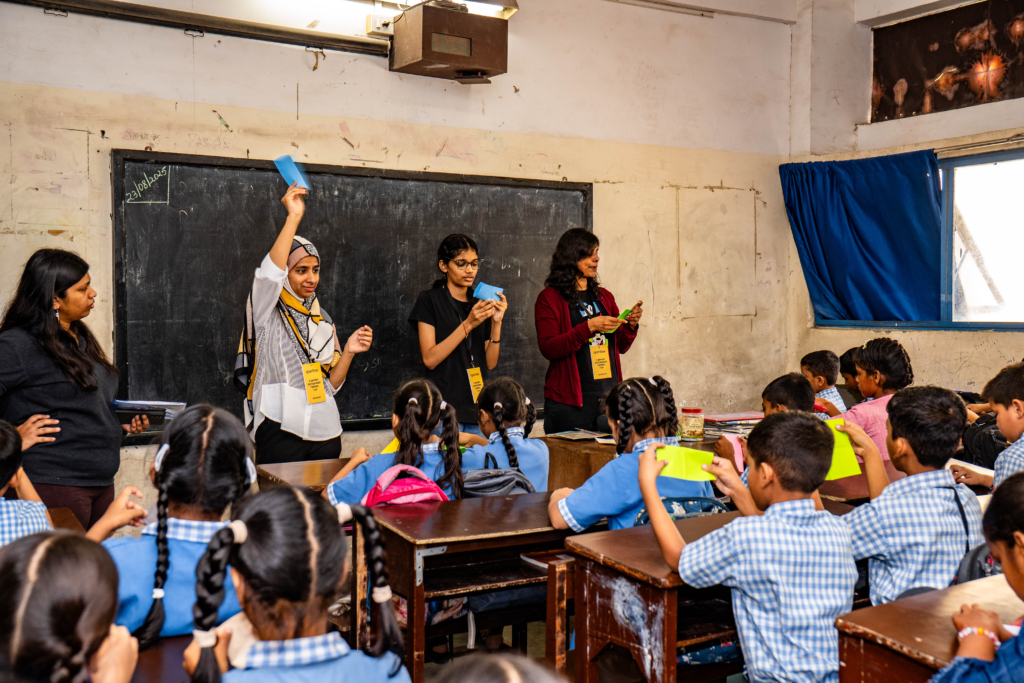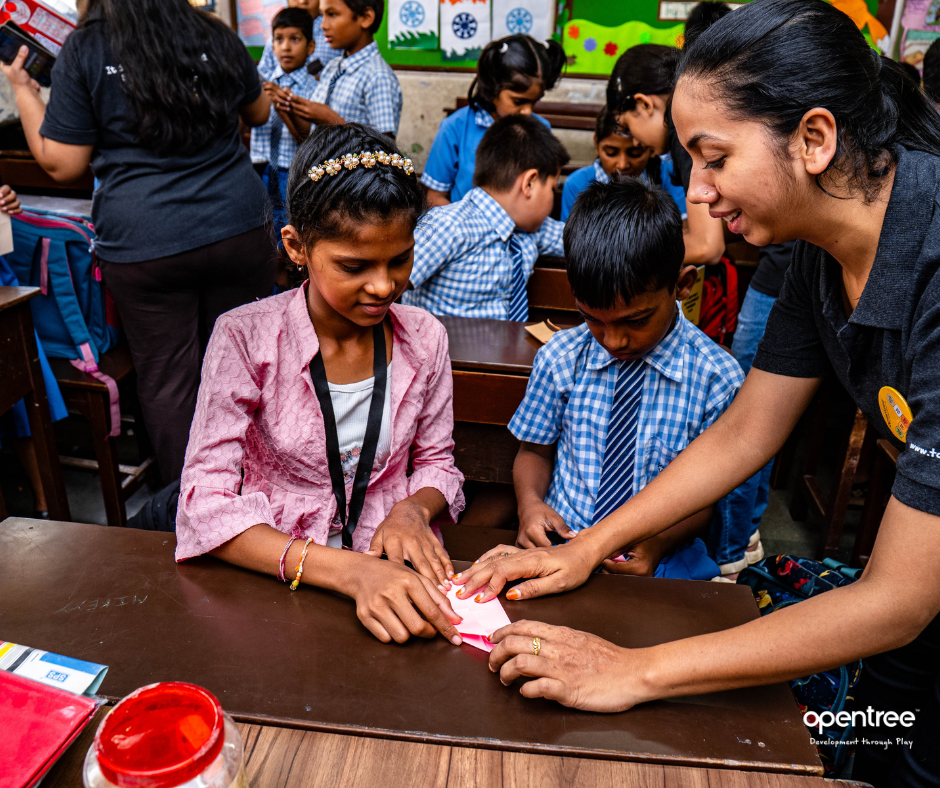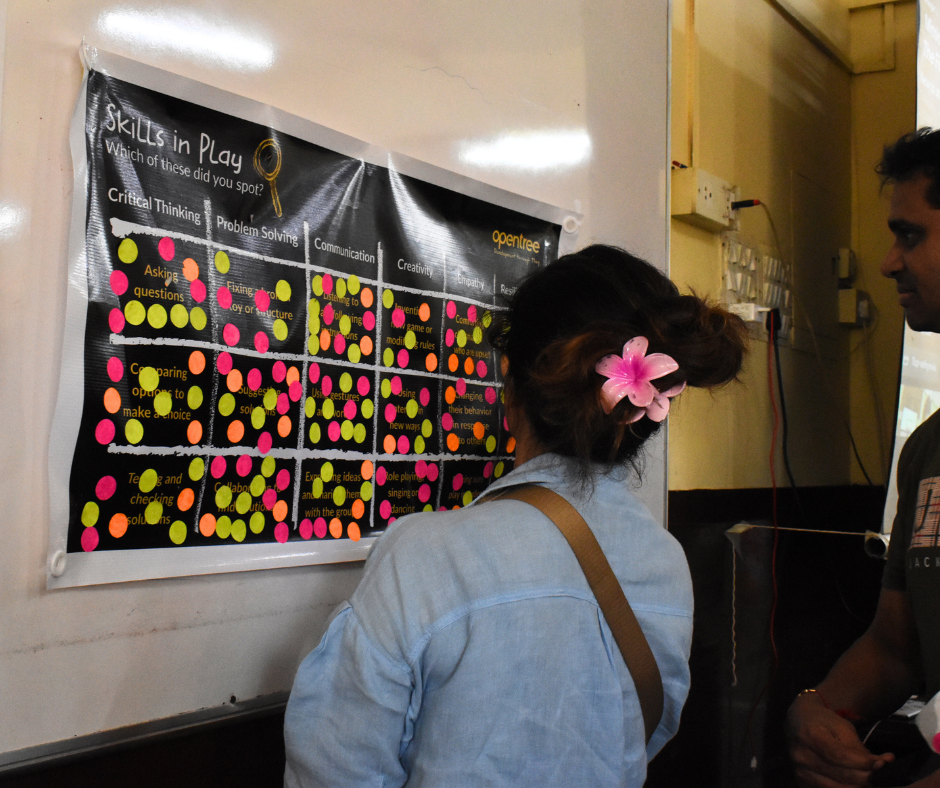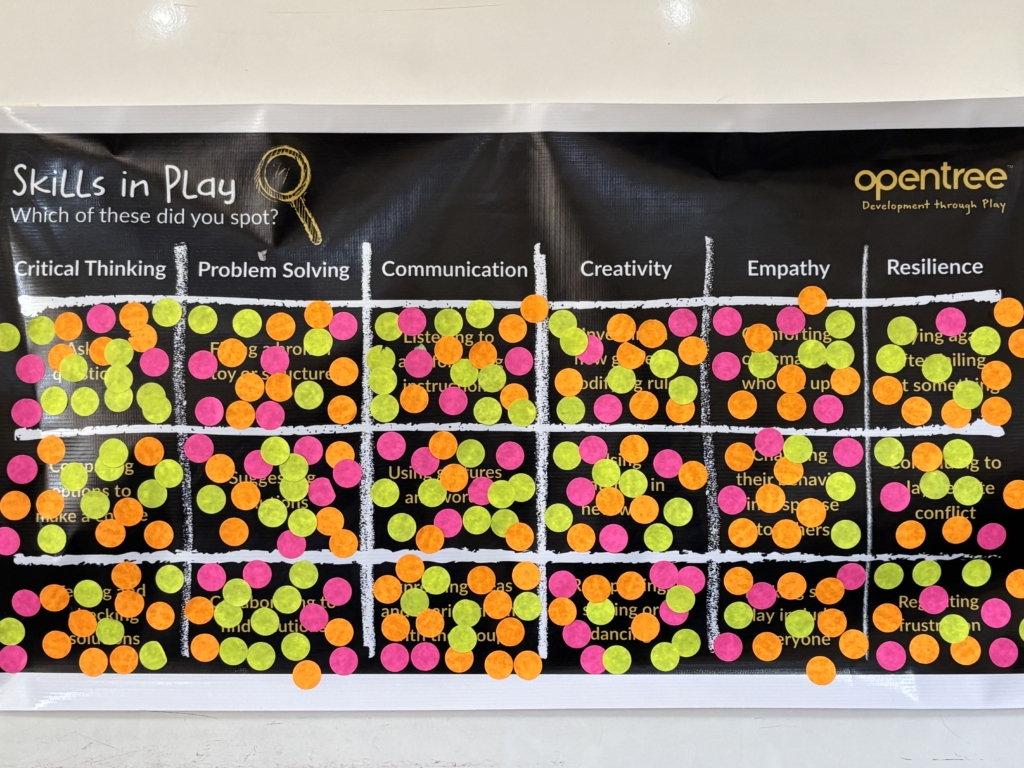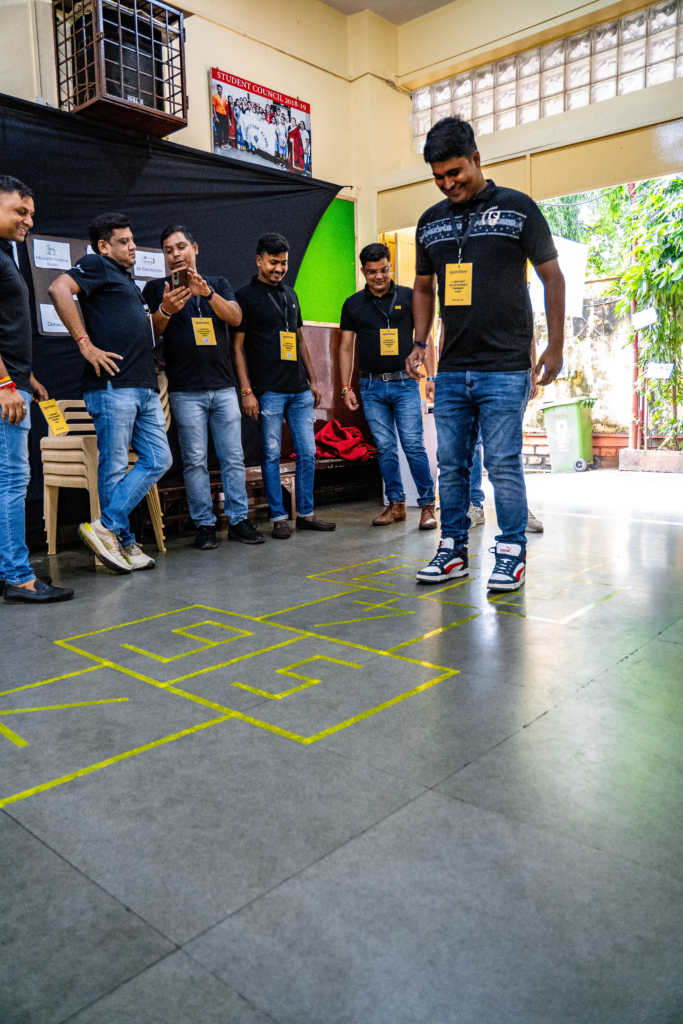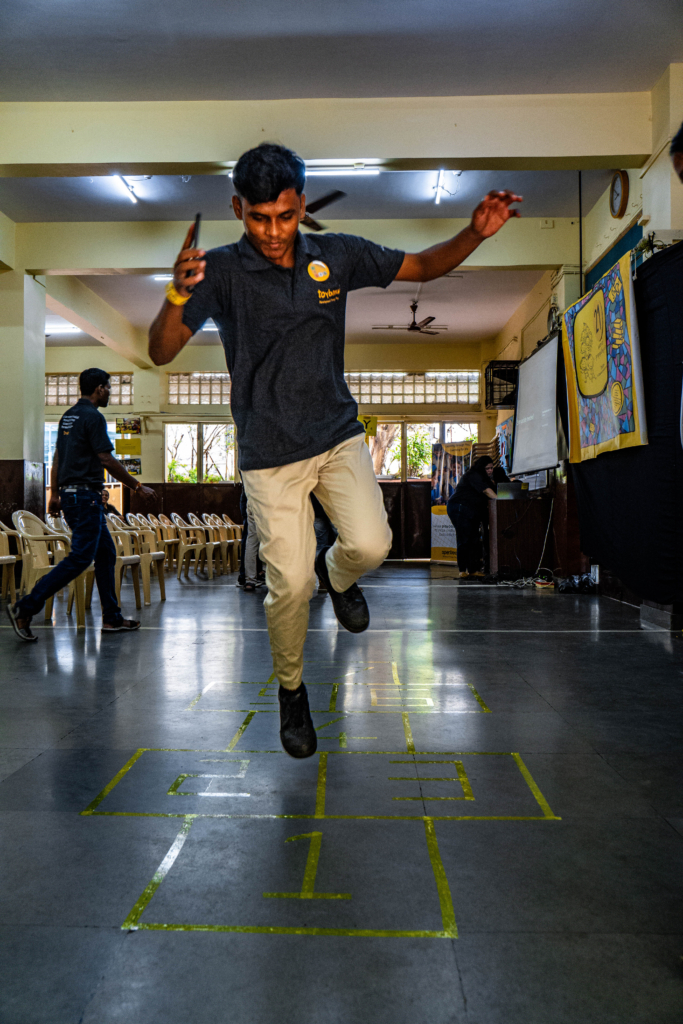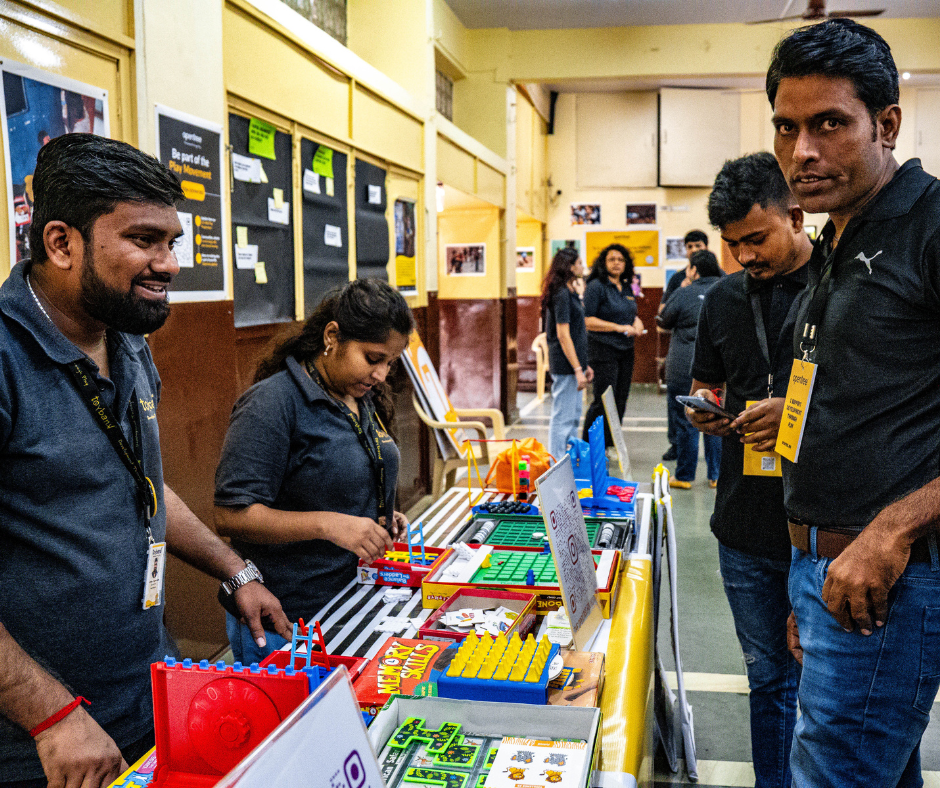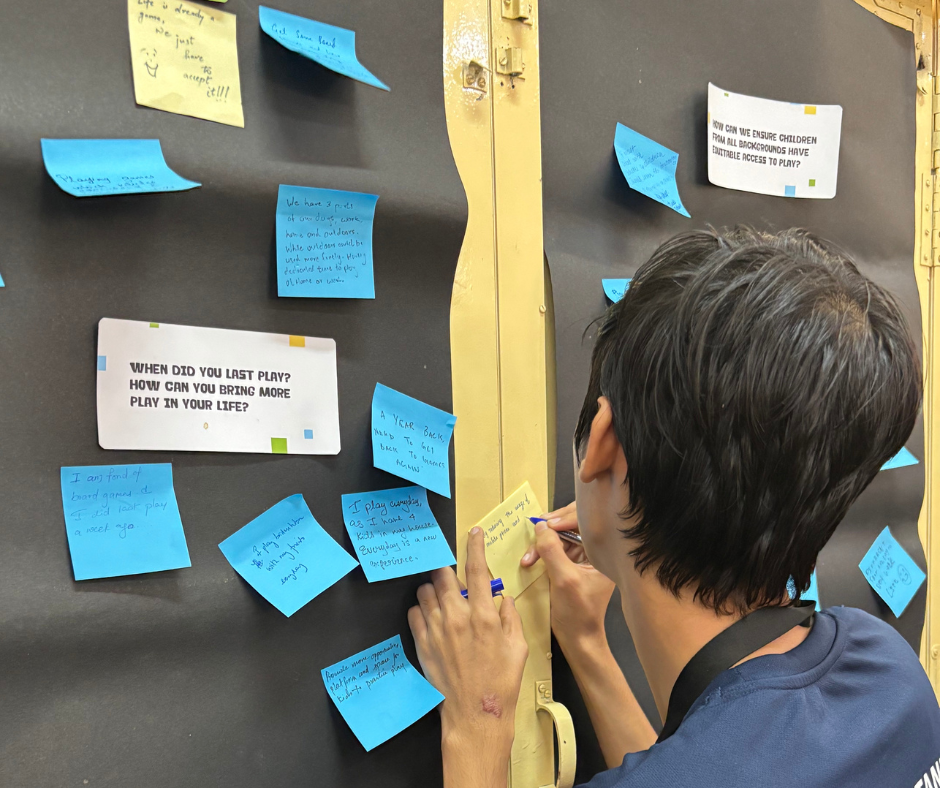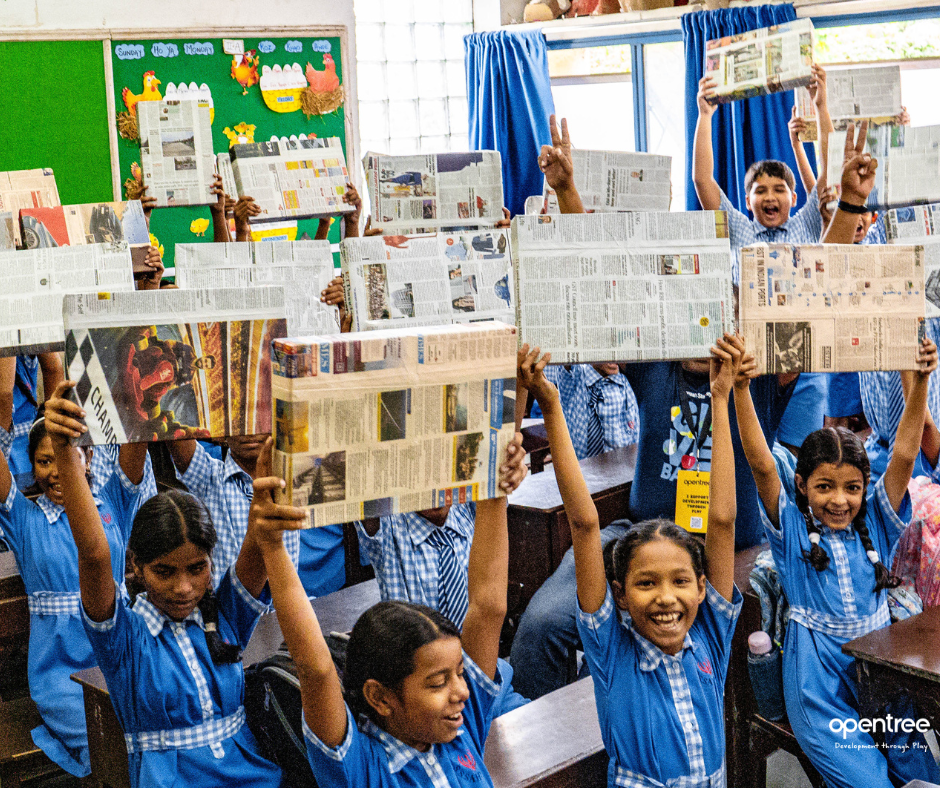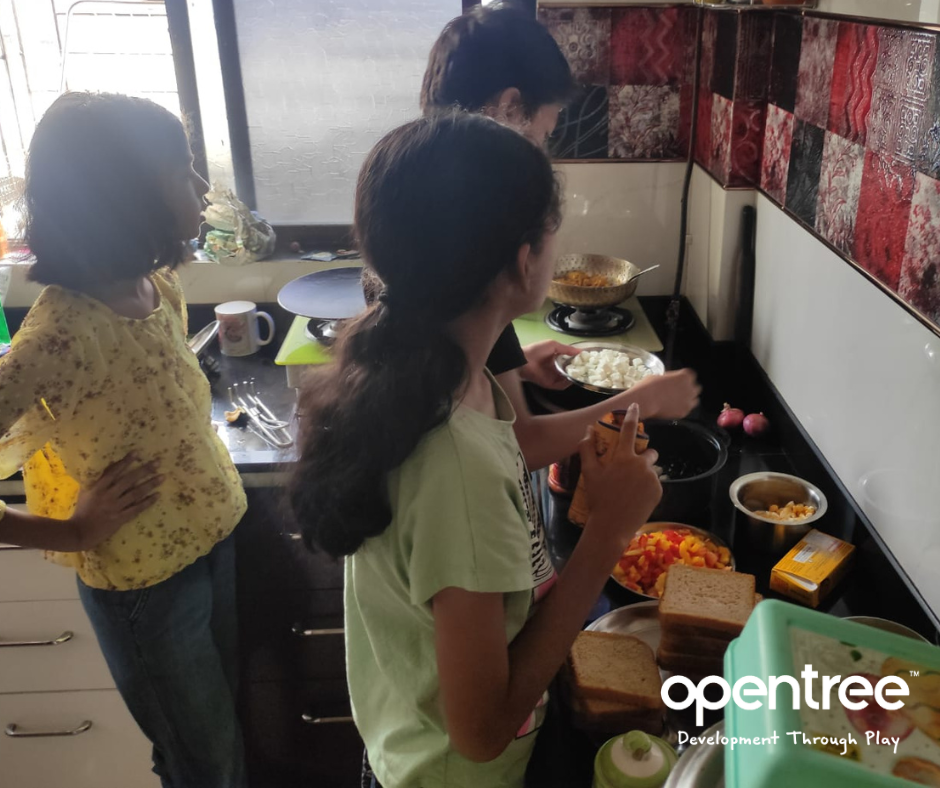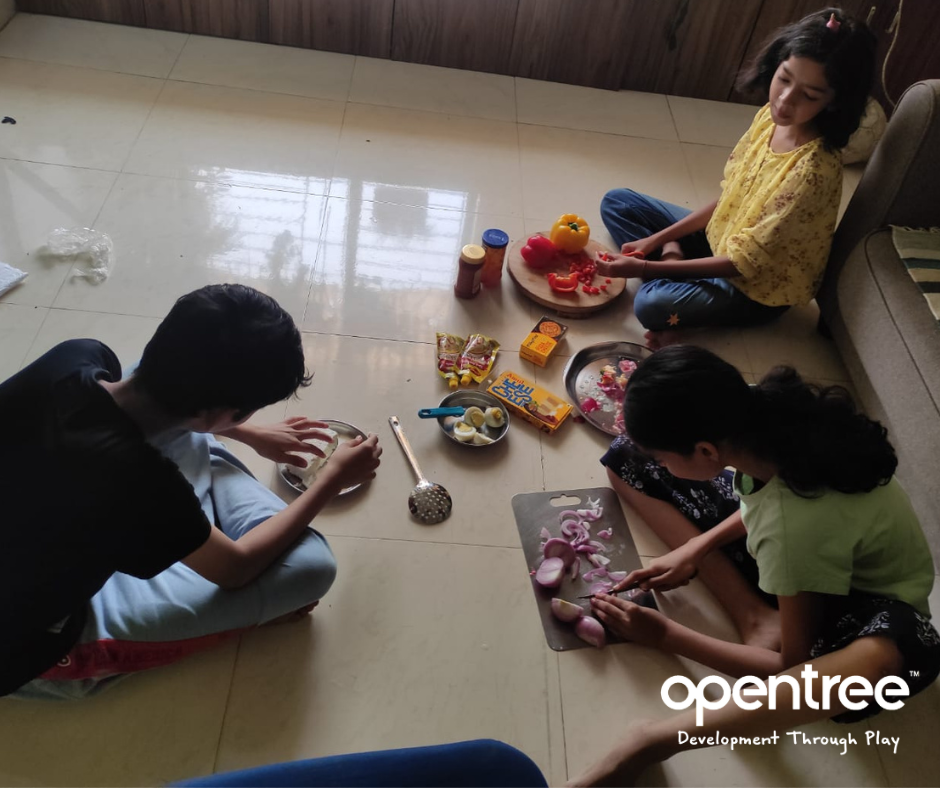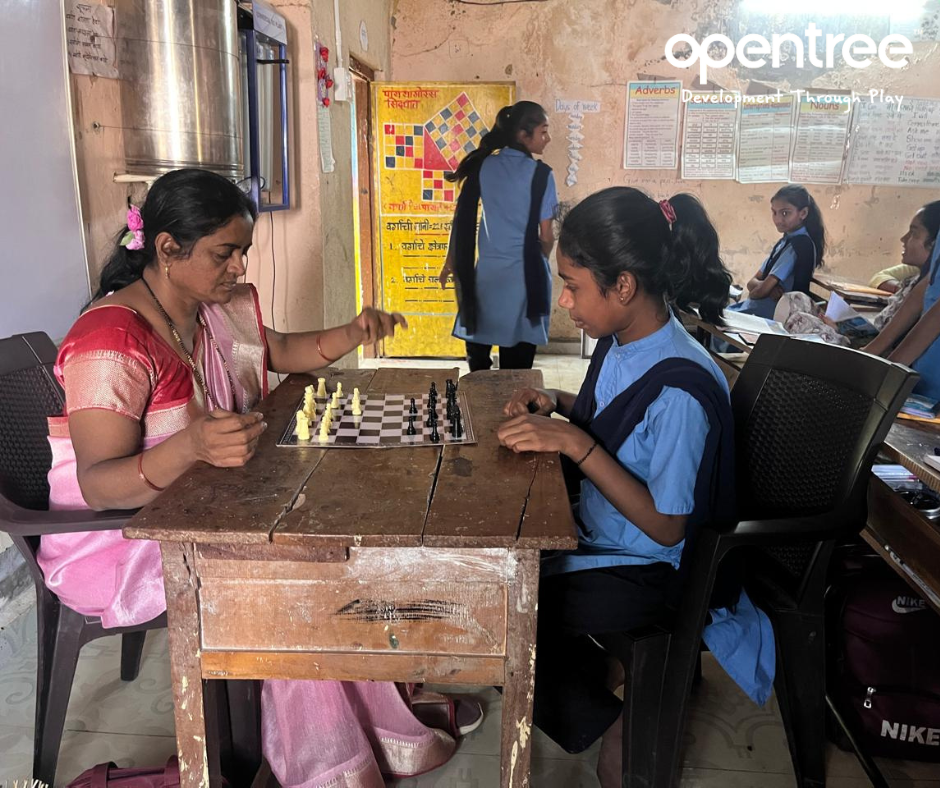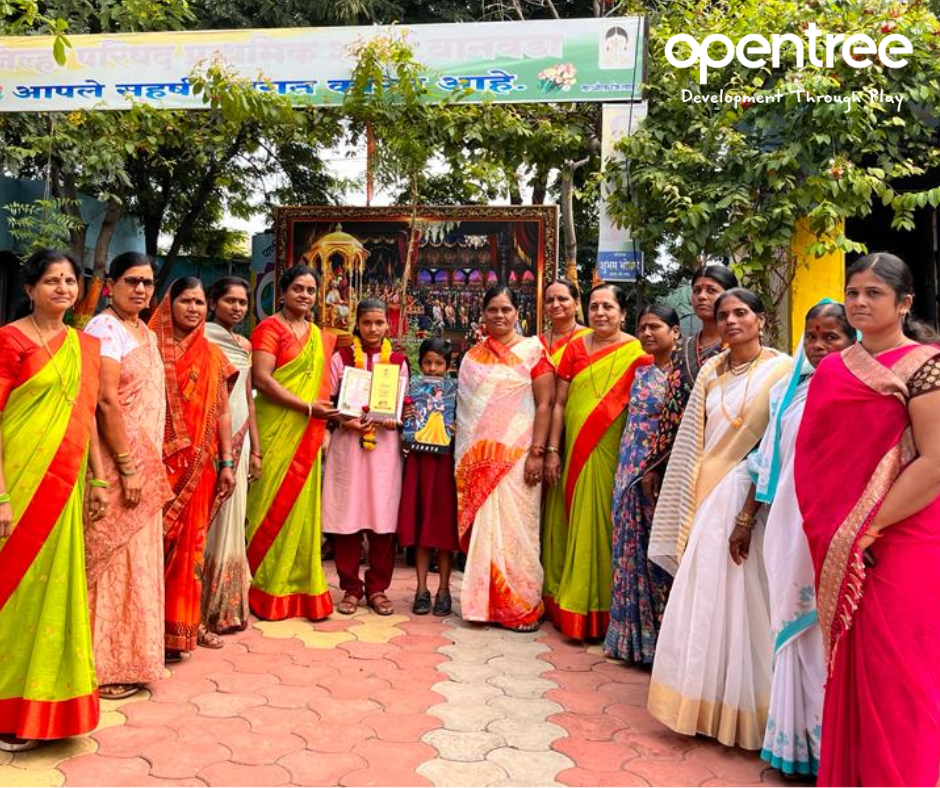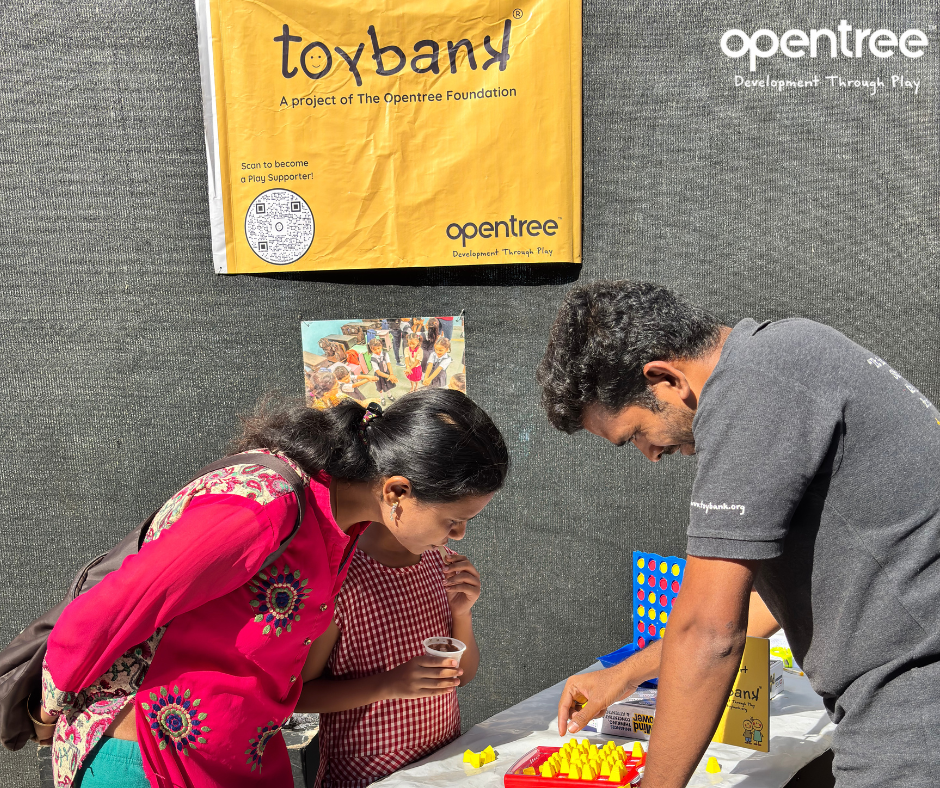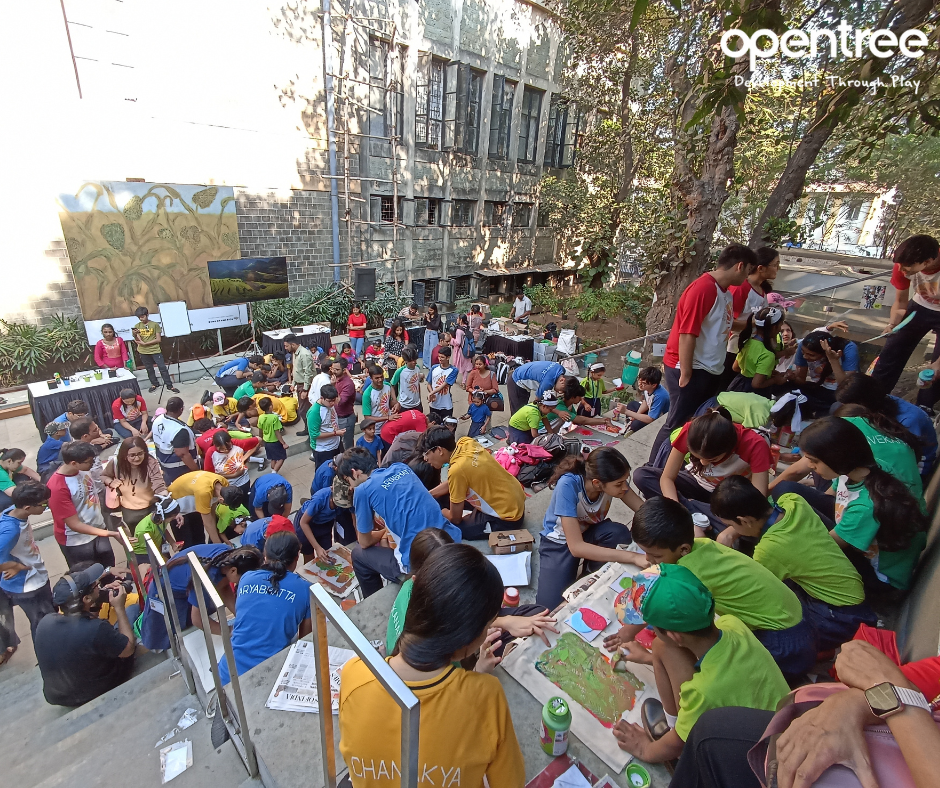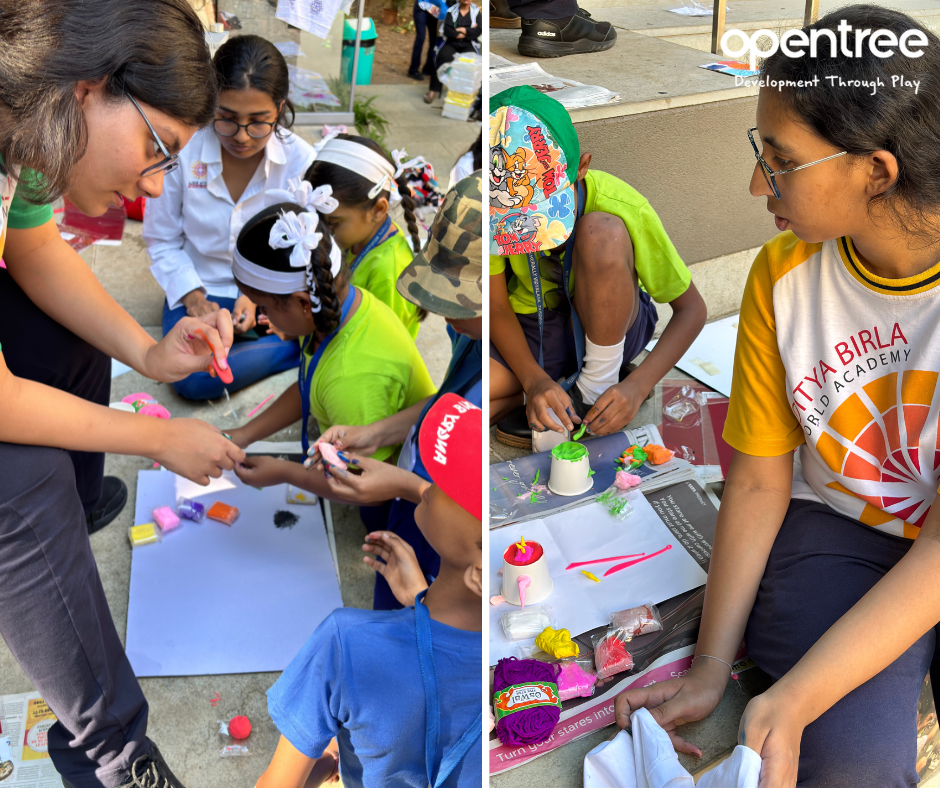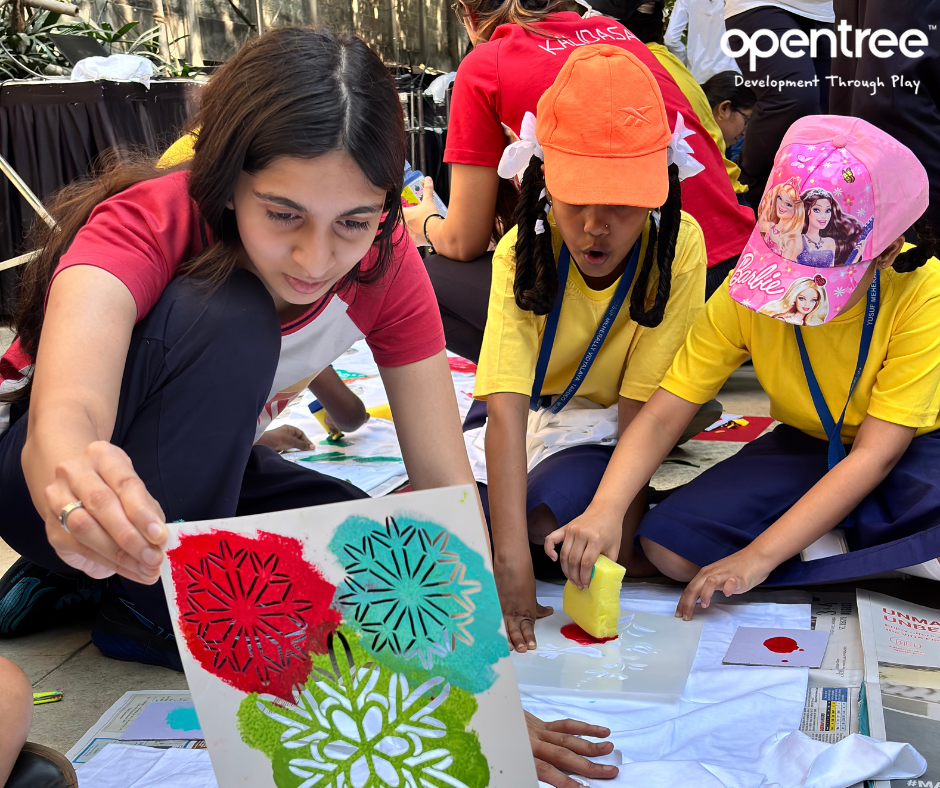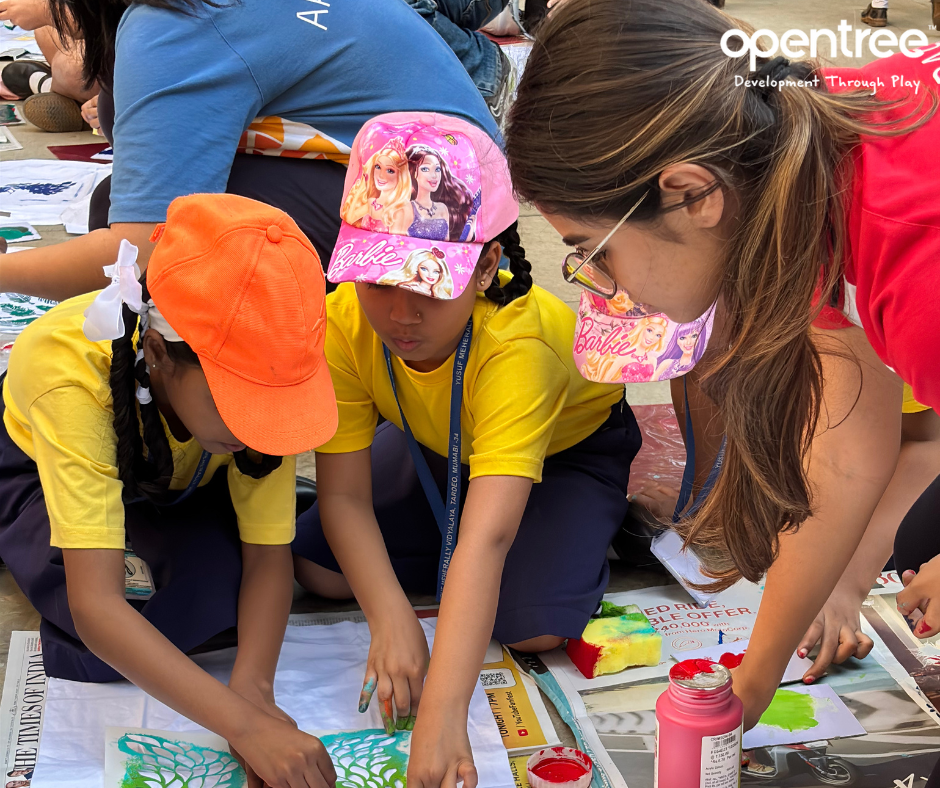Play Summit 2025
💡 Why Play Summit
The Play Summit was launched in 2024 with a single vision: to build a thriving ecosystem for Play in India.
For two decades, TOF has embedded Play into classrooms, communities, and systems serving children. Yet, Play remains missing from most policies and practices. Even globally, Article 31 — which enshrines the child's right to play — is often considered "the forgotten article of the UN Convention."
Through this summit, we aim to fill this gap and co-create a discourse on play, seeding collaborative, collective action towards mainstreaming play at both people and policy levels.
🎯 Finding Play
Playful spaces transform how people learn, connect, and participate, creating more inclusive and resilient societies. But when it disappears, curiosity, connection and creativity vanish.
Reclaiming Play has the potential to shift how we live: shaping healthier children, stronger communities, more vibrant cities and villages, and more humane systems.
Together, The Opentree Foundation and StudioPOD are convening this year's Play Summit to spark a collective reimagining: what would our schools, homes, workplaces, streets, and systems look like if play was treated as essential?
"Play is how human beings fundamentally make sense of the world. This year's theme, 'Finding Play' is our invitation to rediscover the power of play to shape kinder, more creative, and more connected communities."
— Shweta Chari, Co-founder & CEO, The Opentree Foundation
🗓️ What's happening at Play Summit 2025: Finding Play

🧠 What to Expect
Engage
Keynotes, panels, and design hackathons that inspire and inform.
Experience
Hands-on, playful installations and exhibits.
Collaborate
Meet educators, designers, policymakers, and changemakers shaping the future of Play.
👥 Who It's For
Children & Young People
Leading us back to what Play feels like.
Educators & NGOs
Redesigning classrooms and programmes.
Urban Designers & Planners
Rethinking spaces that connect communities.
Governments & Policymakers
Embedding Play into systems.
Funders & Changemakers
Investing in innovation.
Artists, Designers & Students
Prototyping new materials, ideas, and installations.
📸 Glimpses from last year: Child wellbeing through Play




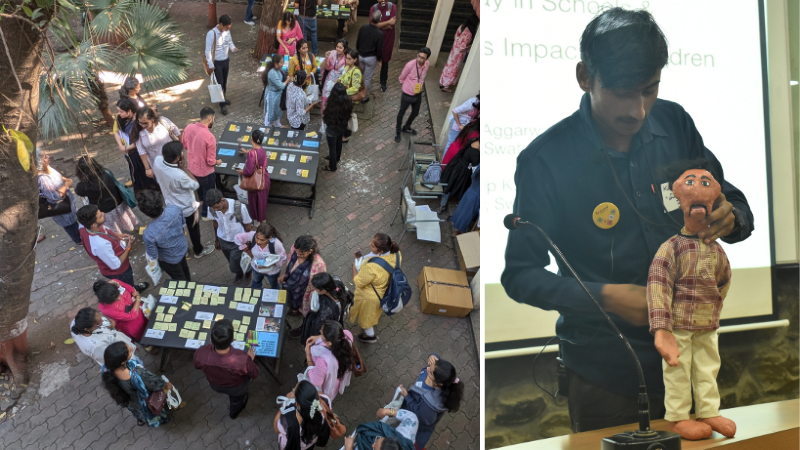

Ready to Find Play?
📍 Venue Location
IES College of Architecture
Opp. Lilavati Hospital, near Reclamation,
ONGC Colony, Bandra West, Mumbai, Maharashtra 400050

